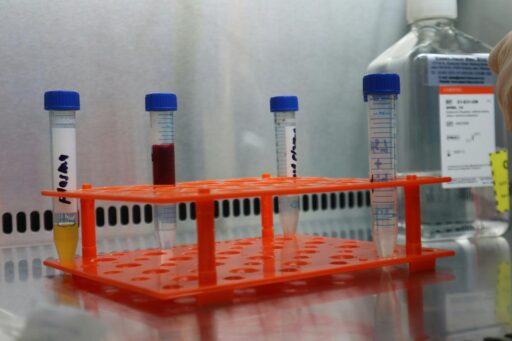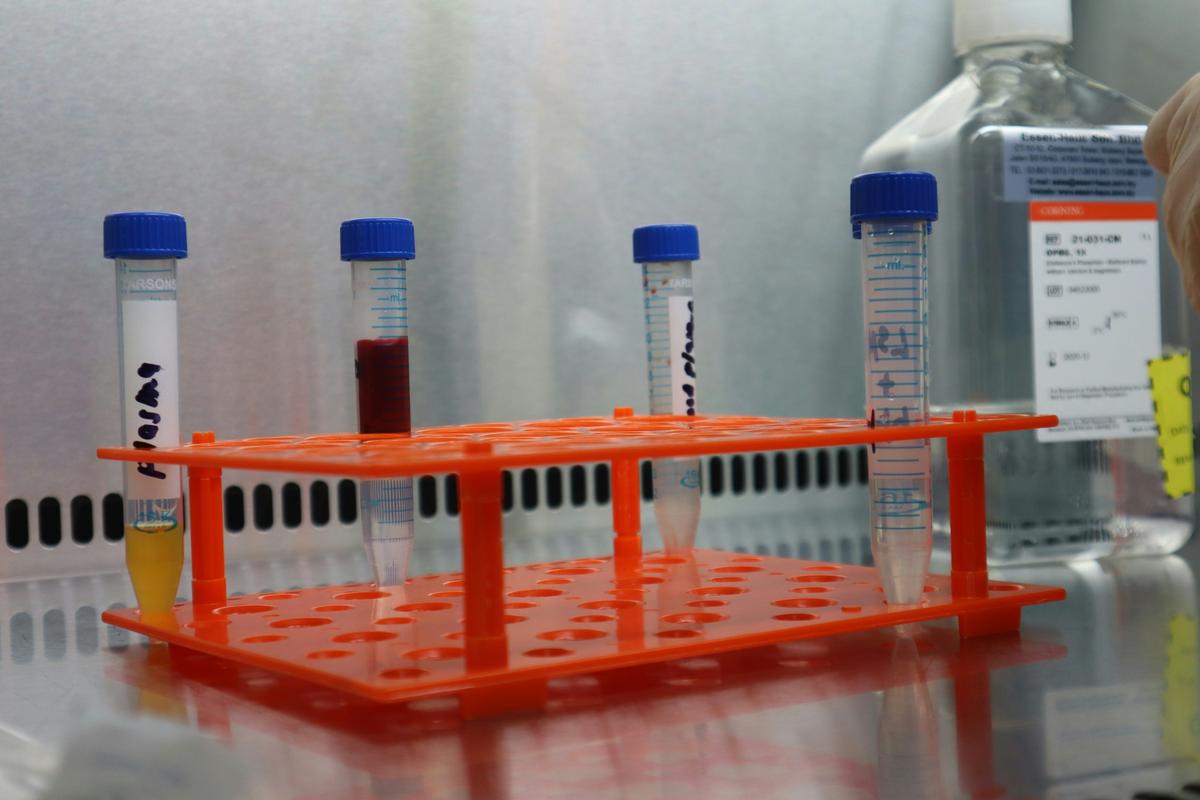High B12 Levels Symptoms: Curiosity or Concern?
Healthy’s Summary
If you’ve ever spotted “elevated B12” on a lab report and felt a surge of concern—especially after reading headlines linking high B12 levels to cancer—you’re not alone. The truth? High B12 levels symptoms aren’t as straightforward as low levels, and most of the time, they don’t actually cause symptoms at all. That doesn’t mean they’re meaningless, but it does mean the science is murky.
This article explores what high B12 might signal, why researchers are cautious about jumping to conclusions, and what you should (and shouldn’t) worry about. It’s a careful look at something that’s getting a lot of buzz—without the fearmongering.
What are the symptoms of high B12 levels? Are there any, really?
Here’s the strange thing about high B12: unlike low B12, which causes well-documented symptoms like fatigue, brain fog, and numbness, there’s no clear set of high b12 levels symptoms. That’s because B12 is water-soluble—your body usually just pees out the extra.
So when high levels do show up on a blood test, it’s rarely about too much B12 from food or supplements (unless you’re taking massive doses or getting injections). Instead, it might be a sign of something else going on—like liver disease, kidney problems, or a certain type of leukemia. In these cases, elevated B12 is a marker, not a cause. That’s why doctors often treat high B12 as a clue, not a condition.
Still, some people report vague symptoms like:
- Skin outbreaks or itchiness
- Anxiety or restlessness
- Tingling or numbness (usually associated with low B12, but occasionally reported in the context of excess)
- Nausea or digestive upset
It’s worth noting: these aren’t officially linked in any large clinical trials. They’re mostly anecdotal. So if you’re having symptoms and a high B12 reading, your doctor may look elsewhere for answers.
Is there a connection between high B12 levels and cancer?
This is where things get complicated—and where a lot of the online anxiety comes from.
Some large observational studies have found associations between elevated B12 and increased cancer risk, particularly lung, liver, and blood cancers. But that doesn’t mean B12 causes cancer. In fact, most researchers believe the opposite is more likely: cancer can elevate B12.
Here’s how that works:
- Certain cancers increase the production of haptocorrin, a protein that binds B12 in the blood.
- That causes total B12 levels to spike—even when there’s nothing wrong with your diet or supplements.
- So in this scenario, high B12 is a side effect, not a cause.
For example, a 2013 study tracked over 300,000 people and found that those with high B12 levels were more likely to be diagnosed with cancer in the following year. But most of the risk dropped off after 12 months—suggesting B12 levels were already rising because of cancer that hadn’t yet been diagnosed.
That’s a huge caveat. And researchers have been careful to say: don’t panic if you see a high B12 reading. It’s not a diagnosis. It’s easy to spiral after a lab result like this—especially when the science feels murky. If you’re trying to figure out whether your B12 levels are worth investigating further, Healthy helps you connect the dots with your symptoms, health history, and goals—so you’re not left guessing what to do next.
Have more questions about popular, non-standard lab tests? See our other article: What are Dr. Peter Attia’s Recommendations for Lab Testing and Optimal Health?
So should I stop taking B12 supplements if my levels are high?
Not necessarily. If you’re supplementing and your levels are extremely high, it’s reasonable to pause and talk to your doctor. But if you’re taking B12 for a reason—like correcting a deficiency or managing a condition like pernicious anemia—stopping could be harmful.
Here’s what matters more:
- Why are you supplementing? Is it for fatigue? Vegan diet? A diagnosed deficiency?
- Are there symptoms you’re trying to treat—or just optimizing “energy”?
- What kind of supplement are you taking, and at what dose? B12 injections can cause spikes, but most oral forms have limited absorption.
In most healthy people, B12 supplements—even in high doses—don’t seem to do harm. But if your blood levels are very high (above 1,500–2,000 pg/mL), and you’re not supplementing, your provider may want to rule out other causes.
This is why B12 tests need interpretation—not just a number on a page.
Ask Healthy
What’s often overlooked when people talk about B12?
A few key things:
- Total B12 isn’t the whole picture. Functional B12 (what your body actually uses) might be low even when blood levels are high. That’s why some people with neurological symptoms still benefit from B12, despite a “normal” or “high” lab result.
- Genetics matter. Some people have mutations that affect B12 transport or absorption. So they may show abnormal levels for reasons that have nothing to do with cancer or disease.
- Lab reference ranges are wide. What’s flagged as “high” at one lab might be considered “normal” somewhere else.
And maybe most importantly: feeling off doesn’t always match your lab results. B12 is just one piece of a complex puzzle.
The Takeaway
High B12 levels on a blood test can be confusing—and even a little scary. But in most cases, they don’t mean anything harmful on their own. There’s no solid evidence that high B12 causes cancer. Instead, elevated levels might occasionally reflect underlying issues, including cancer—but also benign conditions, medications, or just quirky genetics.
So if you see a high result, don’t panic. Ask your doctor to help put it in context, especially if you aren’t taking supplements. And if you are supplementing, check if you really need the dose you’re on.
Want to dig deeper?
You’re Not Crazy! Find Answers to What’s Causing Your Symptoms
Struggling to connect the dots between your symptoms and potential causes? This program empowers you to track symptoms, diet, and mood, uncovering patterns and triggers for hard-to-diagnose conditions like gut health, IBS, migraines, autoimmune diseases, and chronic fatigue. Gain clarity and create doctor-ready reports with tools designed to support your self-advocacy and health journey.
Enroll in one of Healthy’s Programs to log, track and learn more about your Health, one conversation at a time.
Learn More




